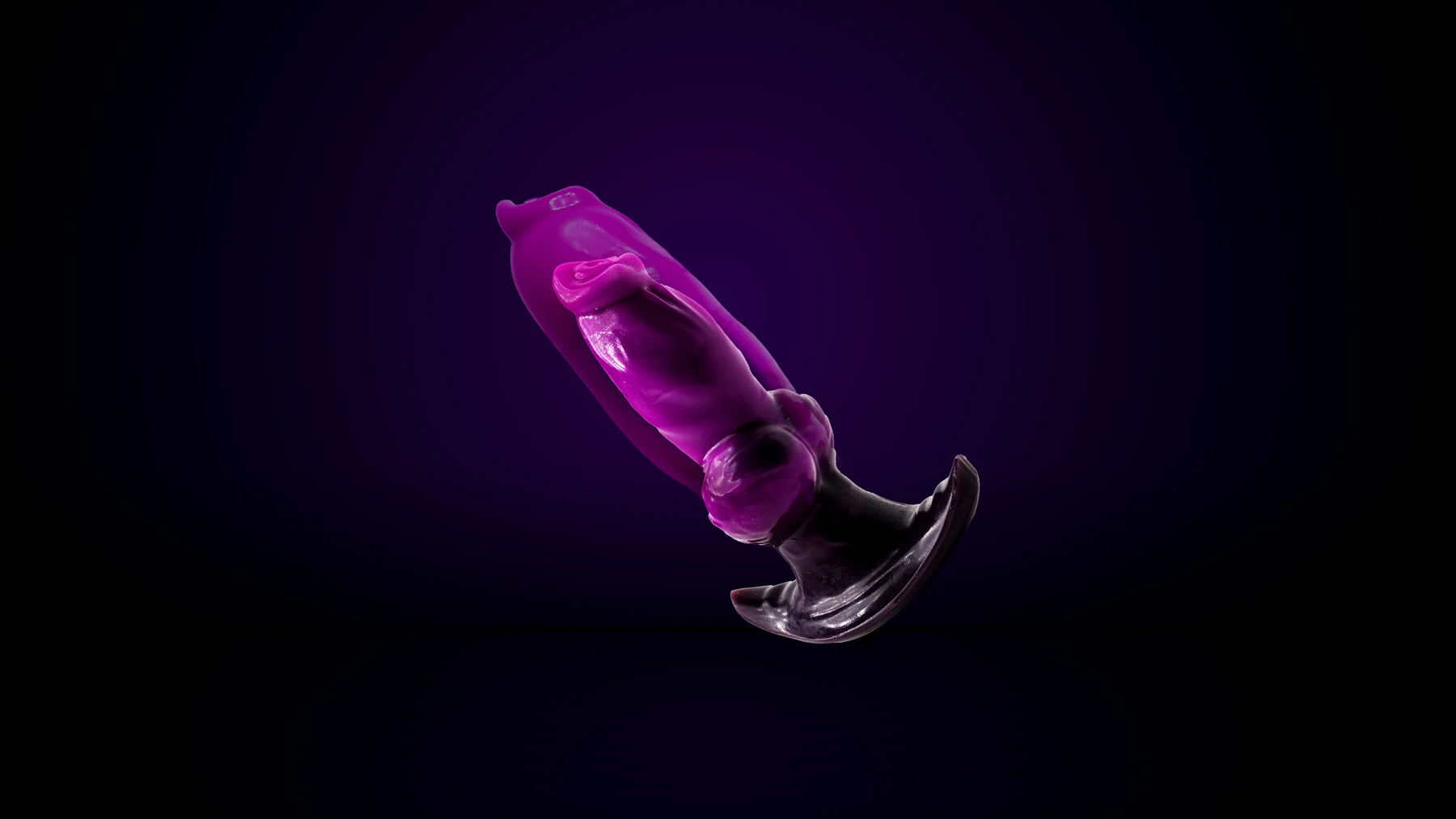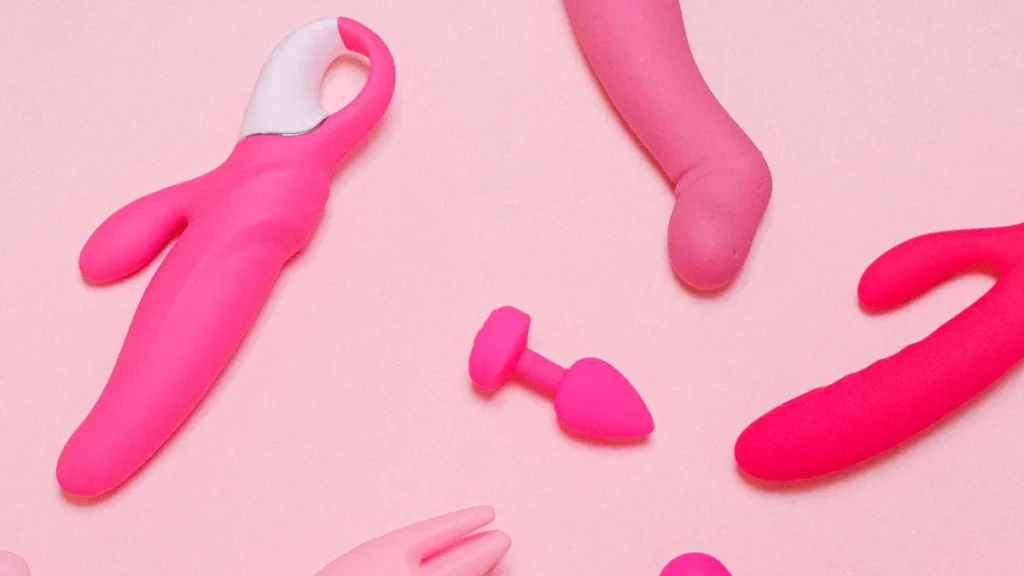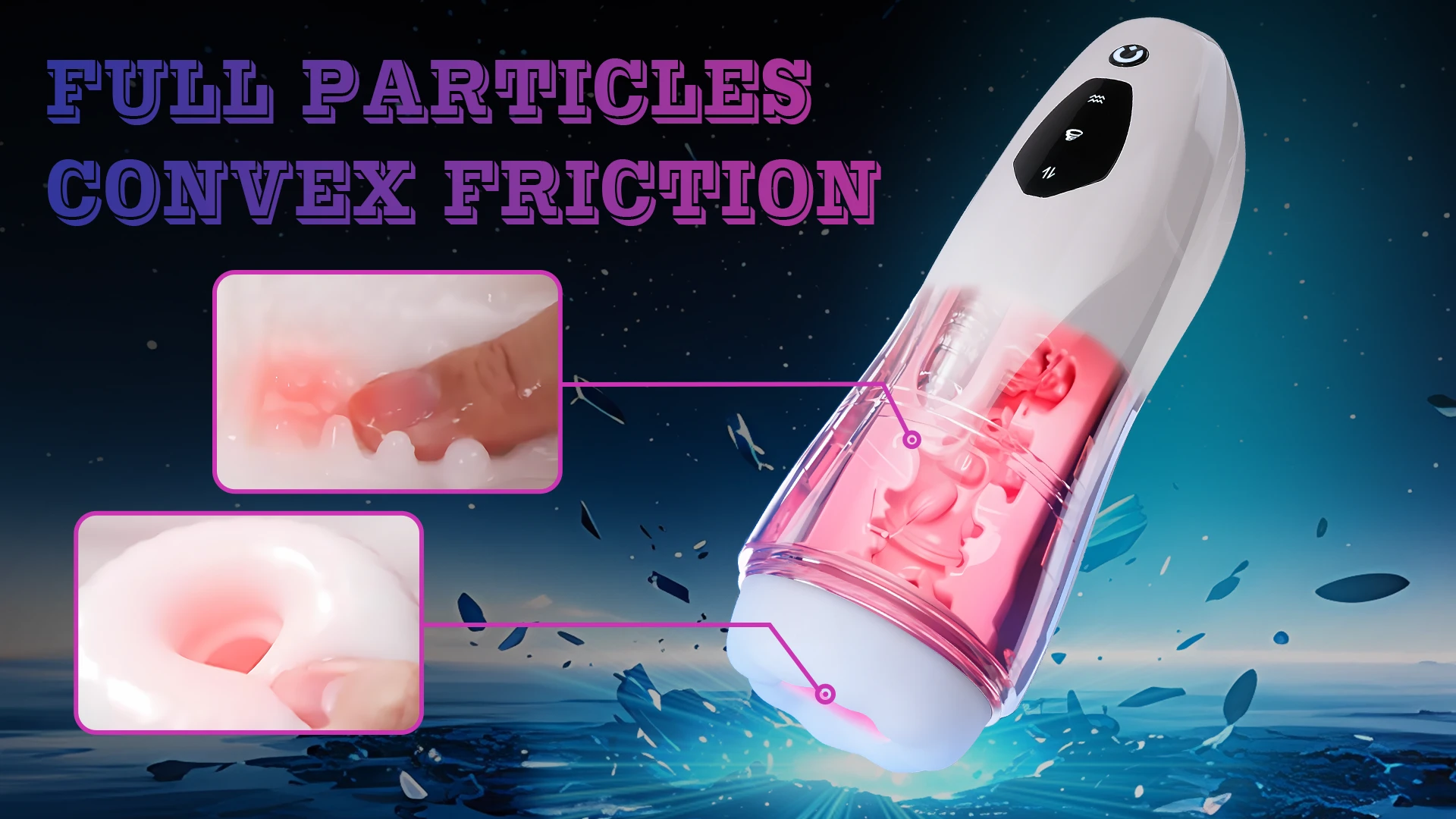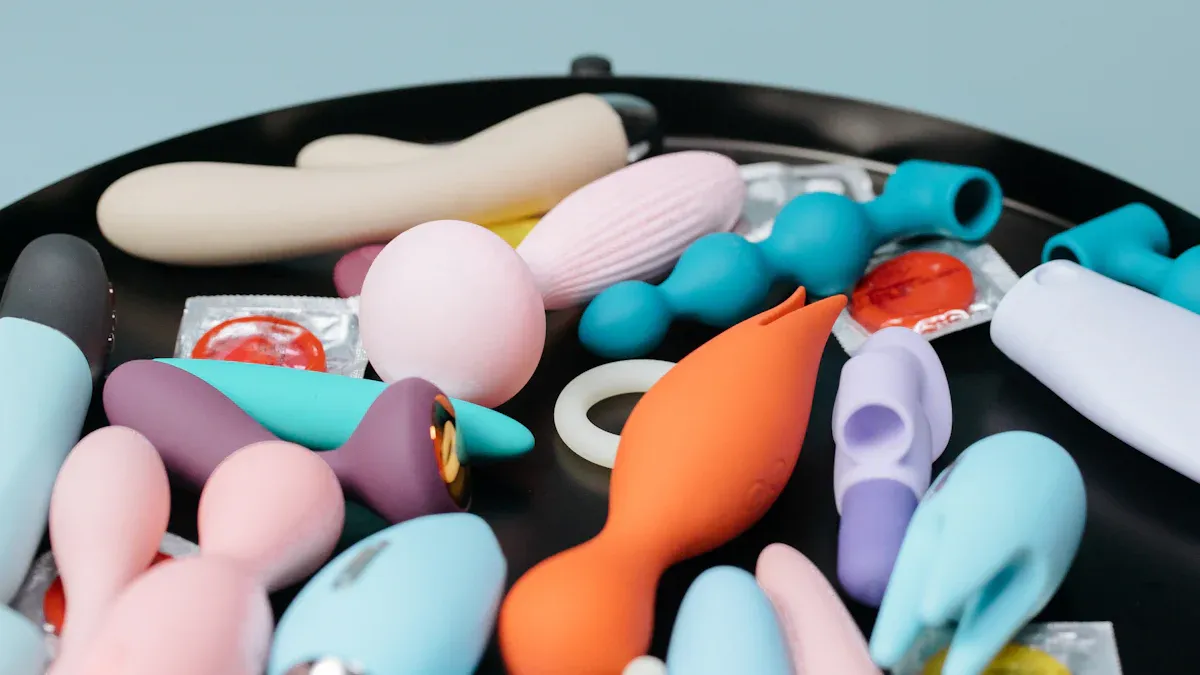Should You Trust PVC Dildos for Personal Use
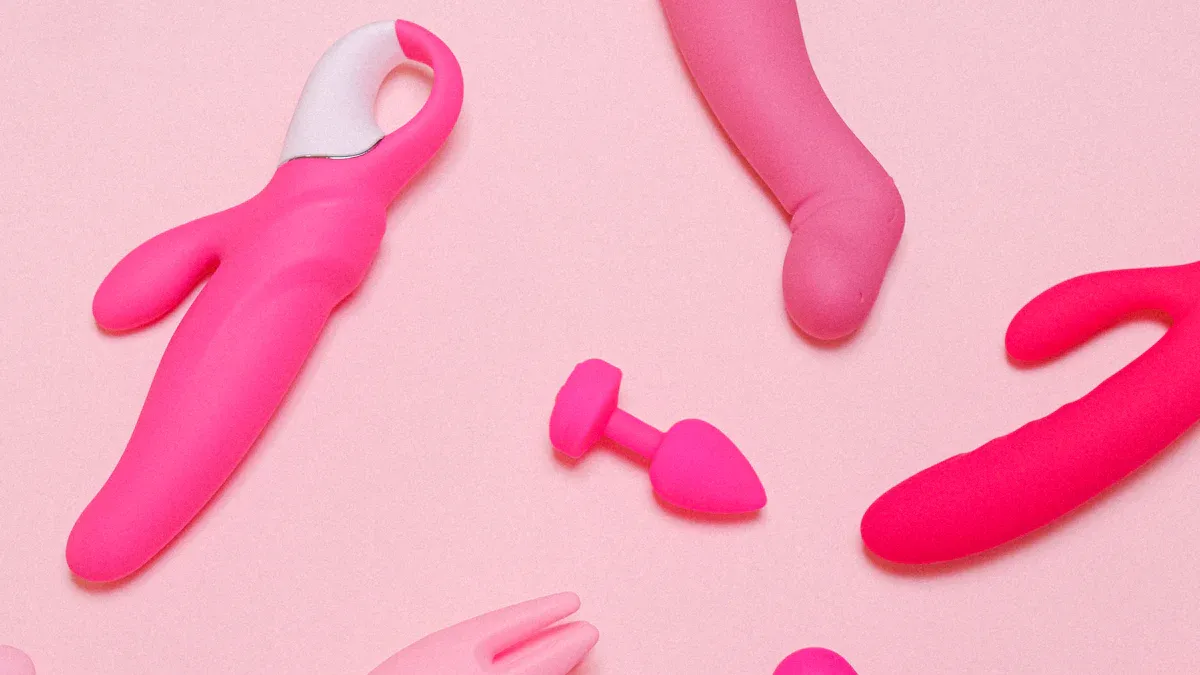
You might ask if pvc dildos are really safe for you. When you use a dildo, you want to be sure you are safe. Many people pick G Spot Dildos, Thrusting Dildos, or a Dildo with Camera. But not all materials are the same. With a pvc dildo, there are some real dangers:
Toxic chemicals like phthalates can leak out. These can mess with hormones and cause skin problems.
Porous surfaces can hold bacteria. This makes cleaning hard and raises the chance of infection.
Over time, the toy can break down. This can cause rashes or burning feelings.
Picking the right toy is important for your dildo safety.
PVC Dildos

What Is PVC
When you pick up a pvc dildo, you might wonder what it’s made of. PVC stands for polyvinyl chloride. This is a type of plastic that starts out hard and rigid. To make pvc sex toys soft and bendy, manufacturers add chemicals called plasticizers. Most often, these are phthalates. These plasticizers turn the pvc into something that feels smooth and flexible in your hand.
But here’s the thing: even if a label says “phthalate-free,” the pvc still needs other chemicals to stay soft. The base pvc polymer uses chlorine, which can create toxic byproducts. So, when you use pvc sex toys, you’re not just getting the plastic. You’re also getting a mix of chemicals that help the pvc dildo feel the way it does. This mix raises some safety questions, especially since those chemicals can sometimes leak out.
Note: Pure pvc is harmless, but the additives in pvc sex toys can cause problems for your health.
Why PVC Is Used
You see pvc dildos everywhere because pvc has some qualities that make it popular for sex toys. Here’s why manufacturers choose pvc for dildos:
PVC is tough. It lasts a long time, so your pvc sex toys don’t break easily.
The texture feels smooth and silky, which can make using a dildo more comfortable.
You can use almost any kind of lube with pvc sex toys—water-based, silicone-based, or oil-based.
PVC is cheap to make, so pvc dildos usually cost less than toys made from other materials.
If you want a dildo that feels soft and flexible, pvc sex toys might seem like a good choice. But remember, the same chemicals that make pvc dildos soft can also bring health risks. When you weigh the pros and cons, think about what matters most for your safety and comfort.
Health Risks of PVC
Phthalates and Chemical Exposure
When you use pvc sex toys, you may not know what touches your skin. Many pvc dildos have phthalates. These chemicals make the plastic soft and bendy. Phthalates do not stay inside the pvc. They can leak out, especially when the toy gets warm or starts to break down. Your body can take in these chemicals during use.
Here is a quick look at some common phthalates in pvc sex toys:
Phthalate | Common Use in PVC Products | Typical Applications |
|---|---|---|
DEHP | Plasticizer in PVC | Toys, medical devices, clothing, furniture |
DBP | Plasticizer and solvent | Adhesives, cosmetics, some toys, paints |
BBP | Plasticizer for PVC | Vinyl flooring, adhesives, baby equipment |
DINP | Plasticizer in PVC | Toys, teethers, gloves, car interiors |
DIDP | Plasticizer in PVC | Electrical cords, artificial leather, flooring |
DnOP | Plasticizer in PVC | Floorings, tarps, pool liners |
You might wonder why this is important. Some phthalates, like DEHP, DBP, and BBP, can mess with your hormones. Scientists have found links to problems with having babies, hormone changes, and even cancer. The U.S. and Europe do not allow these chemicals in children’s toys because of these dangers. Even bigger phthalates like DINP and DIDP can hurt animal livers. When you use a pvc dildo, you can take in these chemicals through your skin. Genital and anal skin soaks up chemicals fast. This is one of the biggest health risks of pvc.
Porosity and Bacterial Growth
You want your dildo to be clean and safe every time. But pvc sex toys have a hidden problem called porosity. The surface of soft pvc is not smooth if you look very close. It has tiny holes and pockets that can trap bacteria, fungus, and mildew.
Germs can hide deep inside the toy, even after washing.
Porosity makes it almost impossible to fully clean your pvc dildo.
Bacteria stuck in these holes can cause infections like UTIs, yeast infections, or even STIs.
If you share your toy or use it for both vaginal and anal play, the risks go up.
Cleaning with soap or toy cleaner only gets germs off the outside. The inside can stay dirty. You cannot boil soft pvc sex toys to kill germs because heat can ruin them. Moisture can get trapped, which helps bacteria grow. Because of this, experts say to use a condom over your pvc dildo, especially if you share it or switch between different types of play. Still, condoms do not remove all the health risks.
Tip: If you want to avoid these cleaning problems, look for non-porous materials in sex toys, like platinum silicone, glass, or metal.
Degradation and Visible Changes
PVC does not last forever. Over time, your pvc sex toys can start to break down. You might see the surface feels sticky or the color comes off when you clean it. Sometimes, the toy gets softer or changes shape if you store it next to other things. These are signs that the pvc is breaking down.
When pvc breaks down, it can let out even more chemicals. These include phthalates, bisphenols (like BPA), and heavy metals such as lead or cadmium. These chemicals can cause rashes, burning, or allergic reactions. Microplastics can also come off the toy and get into your body. This makes the health risks of using old or damaged pvc dildos even higher.
Sticky surfaces mean plasticizers are leaking out and can get on your skin.
Color coming off shows the materials are not stable and you might get more chemical exposure.
Cracks or warping make it easier for bacteria to hide and for chemicals to leak out.
If you see any of these changes, it is not safe to keep using the toy. This is a clear sign that you should get a new one and think about switching to safer materials to avoid the health risks of pvc.
Note: Always check your toys for signs of wear. If you see any, it is time to say goodbye to that dildo.
Are PVC Sex Toys Safe
Phthalate-Free Claims
You might see a label that says “phthalate-free” on a pvc dildo and think you are safe. Many brands now use this label to show they do not use phthalates, which are chemicals linked to health problems. Some companies even add words like “hypoallergenic” to make their pvc sex toys sound safer. But do these labels really mean you can trust the product?
Let’s look at what these claims mean. There are some standards and certifications that help keep you safe. For example, in Europe, the REACH regulation limits the use of dangerous chemicals like phthalates in consumer products. Other certifications, like RoHS and ISO 3533, also set rules for safety and labeling. Here’s a quick look at some of the main standards:
Standard/Certification | What It Does | Why It Matters for PVC Sex Toys |
|---|---|---|
REACH | Limits hazardous chemicals, including phthalates | Makes sure pvc sex toys have less harmful chemicals |
RoHS | Restricts heavy metals and other toxins | Applies to electronic dildos, keeps them safer |
ISO 3533 | Sets safety and labeling rules for sex toys | Helps you know what’s in your dildo |
GPSD | Requires safety checks before products are sold | Makes sure your pvc dildo is tested for risks |
GMP | Controls how products are made | Keeps quality high and helps avoid mistakes |
Manufacturers often follow these rules to make sure their phthalate-free pvc sex toys are safe. They use different materials or test their products for chemical safety. You might notice that phthalate-free toys do not have a strong plastic smell. If you want to be sure, you can ask the company about their safety tests or look for clear labels.
But here’s the catch: there is no law that forces companies to prove their “phthalate-free” claim. Some dildos may still have other chemicals that are not as well studied. Even if a label says “hypoallergenic,” there is no guarantee that you will not have a reaction. Consumer safety groups say it is better to pick toys made from materials like silicone, glass, or metal, which do not need these labels to be safe.
Tip: If you want to avoid phthalates, check for clear labeling and ask questions. But remember, a label alone does not make a pvc dildo completely safe.
Persistent Risks
You might think that a phthalate-free pvc dildo is now safe to use. But the truth is, some risks remain. The biggest problem is that pvc sex toys are still porous. This means they have tiny holes that you cannot see. Bacteria, viruses, and fungi can hide in these spaces. Even if you wash your dildo well, you cannot get rid of all the germs. This makes it hard to keep your toy truly clean.
Here are some things you should know about the risks of using pvc sex toys, even if they are phthalate-free:
Porous pvc dildos can trap bacteria and cause infections.
You cannot boil or fully sterilize pvc sex toys, so germs can stay inside.
Over time, pvc can break down and release other chemicals, not just phthalates.
Some phthalate-free pvc dildos may contain other harmful substances like timethytin chloride, phenol, or cadmium.
You might get irritation or even allergic reactions, even if the label says “hypoallergenic.”
A scientific study found that some pvc sex toys can cause irritation or allergic reactions in lab tests. While there are no big reports of these problems in real life, the risk is still there. You might not notice a problem right away, but over time, using a porous dildo can lead to health issues.
If you want to lower your risks, you can use a condom over your pvc dildo. This helps, but it does not make the toy completely safe. The best way to stay safe is to choose non-porous materials like silicone, glass, or metal. These materials do not trap germs and are much easier to clean.
Note: Even if your pvc dildo says “phthalate-free,” you still face risks from porosity and chemical leaching. If you want the safest option, pick a non-porous dildo.
Body Safe Sex Toys
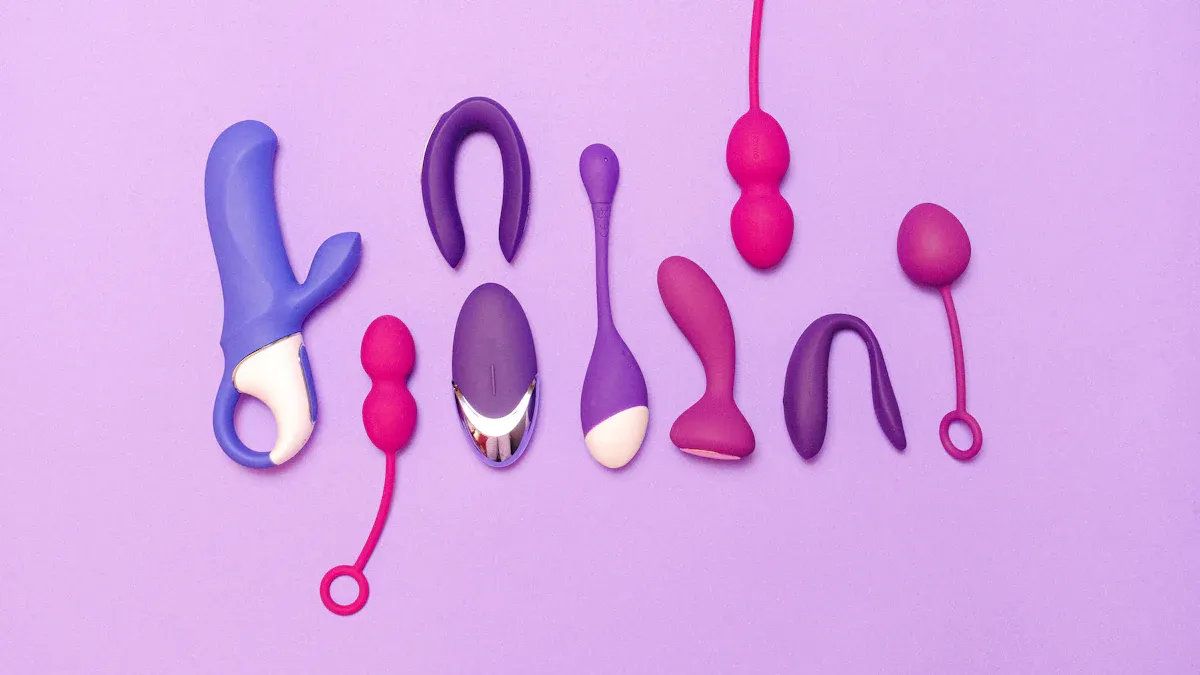
Silicone Options
If you want a safer toy, try silicone. Medical-grade silicone is trusted for sex toys. It is non-toxic and does not have pores. This means it does not trap germs. It is also hypoallergenic, so it is gentle on your skin. Medical-grade silicone does not have phthalates or other bad chemicals. You can boil it or put it in the dishwasher. This makes it easy to clean and keeps it safe. People often ask if silicone sex toys are safe. The answer is yes, if you pick 100% medical-grade silicone. Hospitals use this material because it passes tough safety tests. It keeps its shape and does not wear out fast. You can use it for a long time and trust it.
Tip: Always look for “medical-grade silicone” on the label. This helps you know your toy is safe for your body.
Glass and Metal Choices
You may wonder if glass sex toys are safe. They are, if you choose borosilicate glass or stainless steel. Both are safe for your body and do not have toxins. Glass and metal toys do not have pores, so germs cannot hide inside. You can boil them, wash with soap and water, or use a dishwasher. This makes cleaning simple and keeps them clean. Glass toys feel smooth and you can warm or cool them for fun. Metal toys are strong and last a long time. Both are good choices if you want a safe and easy-to-clean toy.
Material | Porosity | Cleaning Ease | Hygienic Properties | Cleaning Methods |
|---|---|---|---|---|
Silicone | Non-porous | Very easy | Body-safe, non-toxic | Boiling, dishwasher, soap and water |
Glass | Non-porous | Very easy | Body-safe, non-toxic | Boiling, dishwasher, soap and water |
Metal | Non-porous | Very easy | Body-safe, non-toxic | Boiling, dishwasher, soap and water |
PVC | Porous | Difficult | Not body-safe | Not suitable for boiling or dishwasher |
Comparing Safety
You want a toy that is safe and easy to clean. Nonporous toys like medical-grade silicone, glass, and metal are best. These toys do not hold germs, so you are less likely to get sick. You can boil or wash them in the dishwasher. You cannot do this with PVC toys. PVC toys have pores and can trap germs. They can also break down and are not as safe. Medical-grade silicone, glass, and metal do not have toxic chemicals. They are safe for long-term use. You can feel good knowing your toy is safe and clean.
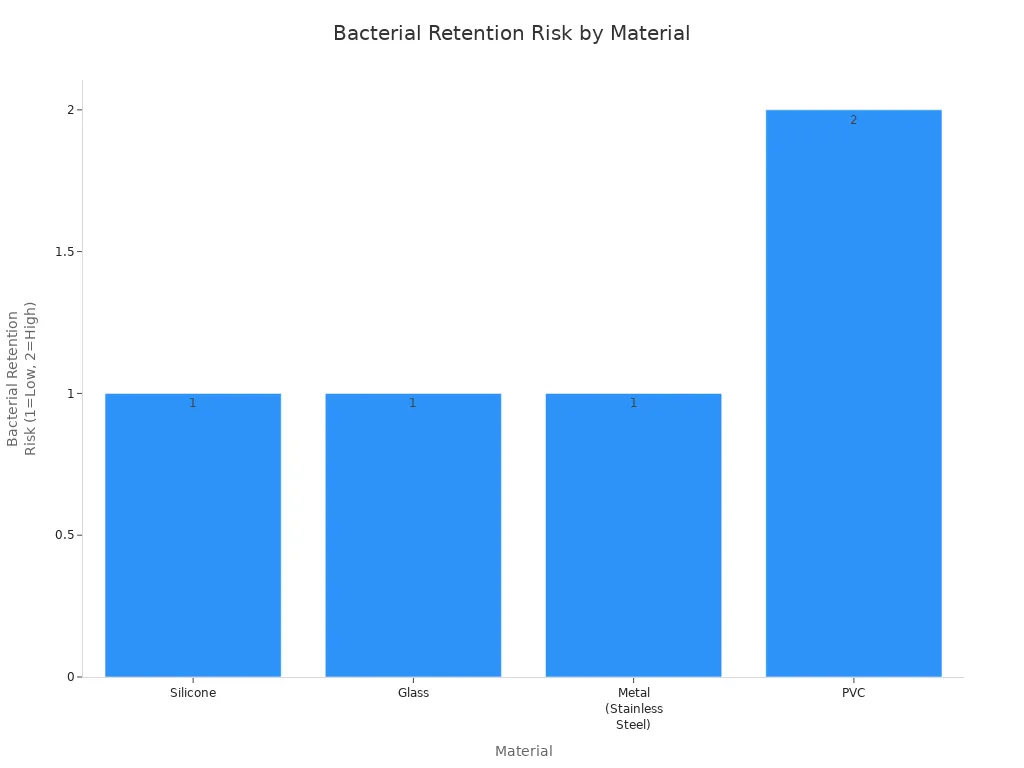
If you want the safest choice, pick toys made from medical-grade silicone, glass, or metal. These are safe, non-toxic, and simple to clean. You can have fun without worrying about hidden dangers.
Safe Use Tips
Using Condoms
If you choose to use a PVC dildo, always use a condom to help keep things safe. PVC is a porous material, so it can hold onto bacteria that you cannot see. A condom acts as a barrier and lowers your risk of infection. Here’s how you can use condoms with your dildo:
Put a new condom on the dildo before every use.
Cover the entire base, just like you would on a penis.
Always use a fresh condom if you switch between partners or between different types of play.
Use plenty of lube that works with both the condom and the toy.
Change the condom if you switch from anal to vaginal use.
Condoms help block bacteria, but they do not stop chemicals from the PVC from getting through. So, while condoms make things safer, they do not make the dildo completely safe.
Tip: If you want the safest experience, switch to a body-safe dildo made from silicone, glass, or metal.
Cleaning and Storage
You need to clean your PVC dildo after every use. Since you cannot boil or fully sanitize PVC, wash it by hand with warm water and mild, fragrance-free soap. Make sure you get into all the grooves and crevices. Do not use harsh cleaners like bleach or alcohol, as these can damage the toy and your skin.
When you store your dildo, keep it dry and away from sunlight. Use a fabric pouch or a padded case to let air flow and stop mildew. Store each toy in its own bag or compartment so the materials do not touch and break down. Avoid plastic bags, as they can trap moisture and cause bacteria to grow.
Note: Non-porous, body-safe toys are much easier to clean and store.
When to Replace
Watch for signs that your PVC dildo is no longer safe. If it feels sticky, changes color, cracks, or smells odd, it is time to get a new one. These changes mean the material is breaking down and can let out more chemicals or trap more bacteria. Even if your toy looks fine, think about replacing it every year or two to stay safe.
Sticky or gummy texture
Color fading or changes
Cracks, tears, or rough spots
Strong or strange odors
If you want to avoid these worries, choose a body-safe dildo made from silicone, glass, or metal. These last longer and keep you safer.
You want to stay safe when picking a dildo. Health experts warn that PVC dildos can hold germs, break down, and leak harmful chemicals. These risks include skin irritation, infections, and even hormone problems. Safer choices for your next dildo include medical-grade silicone, glass, or stainless steel.
Always check what your dildo is made of.
Buy your dildo from trusted brands.
Use condoms if you must use a PVC dildo.
Your health matters most. You deserve a dildo that keeps you safe and happy.

